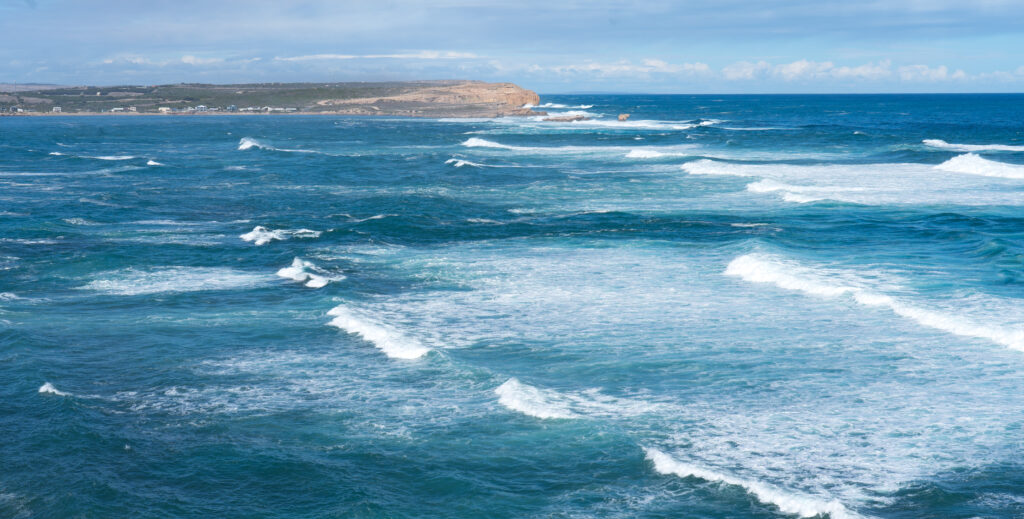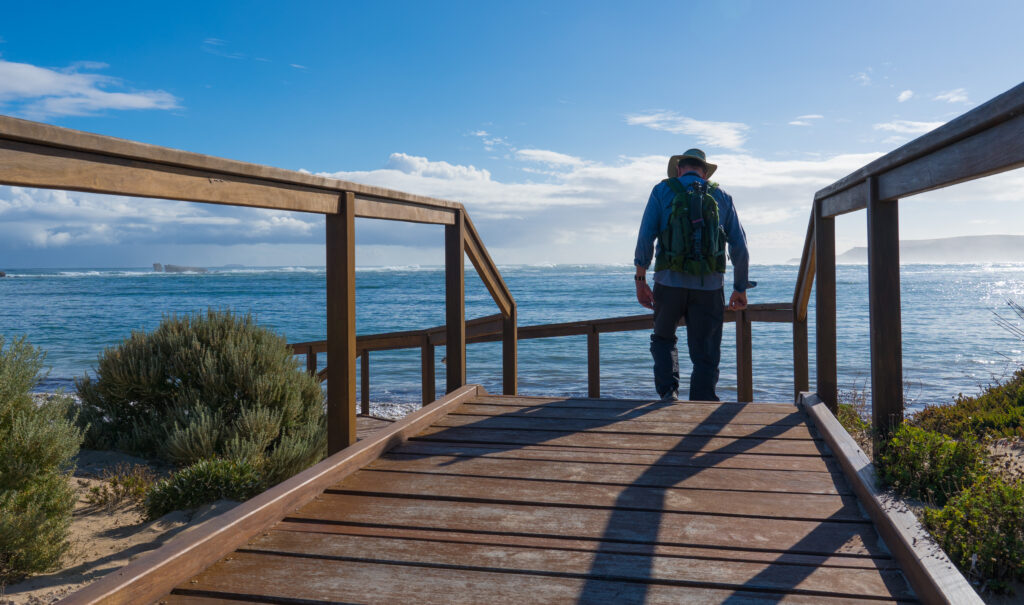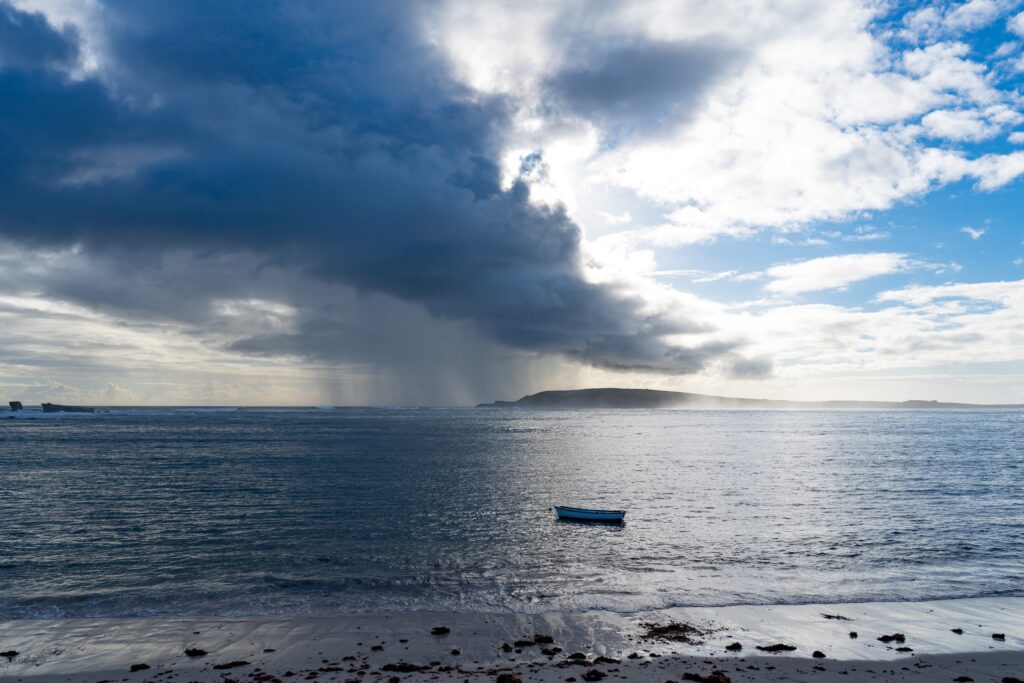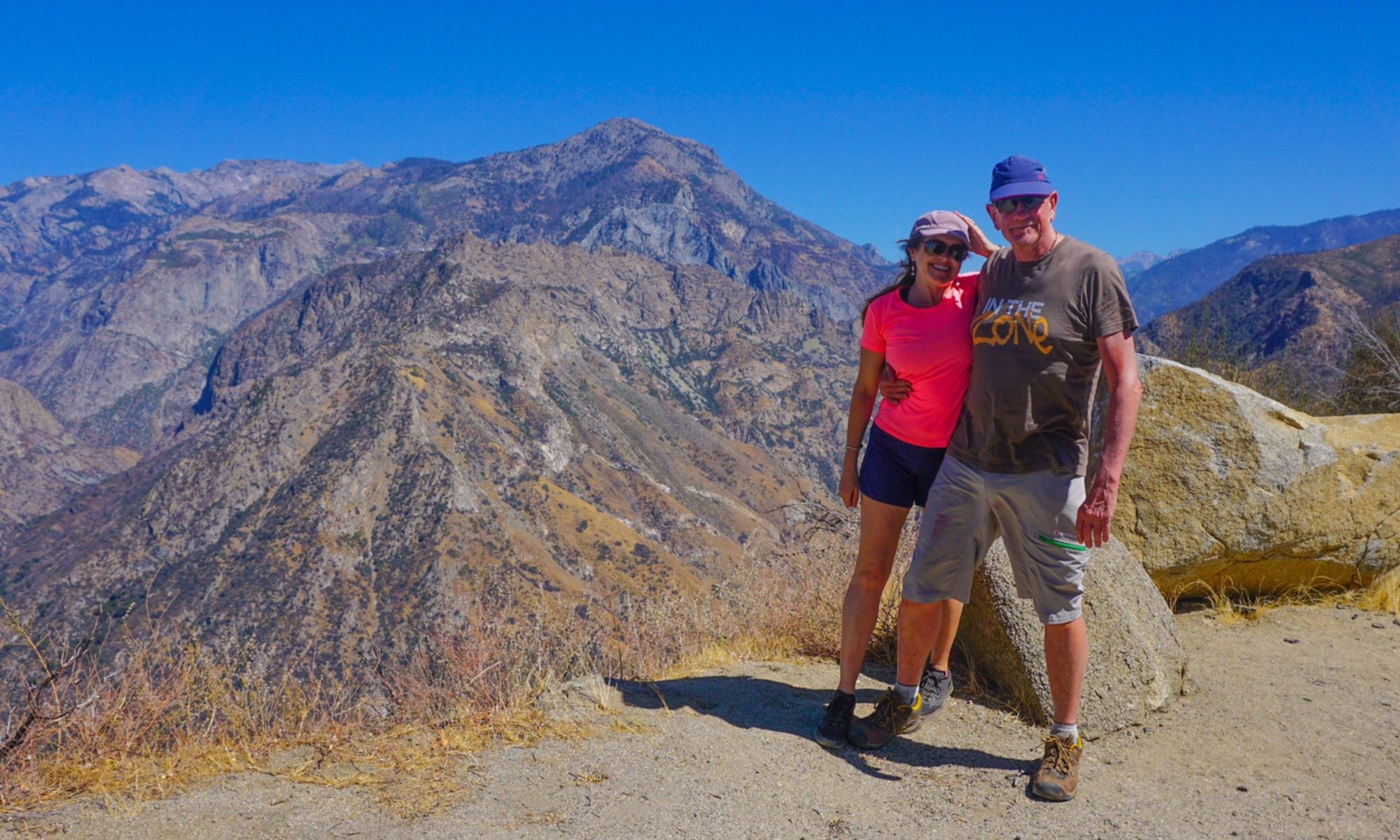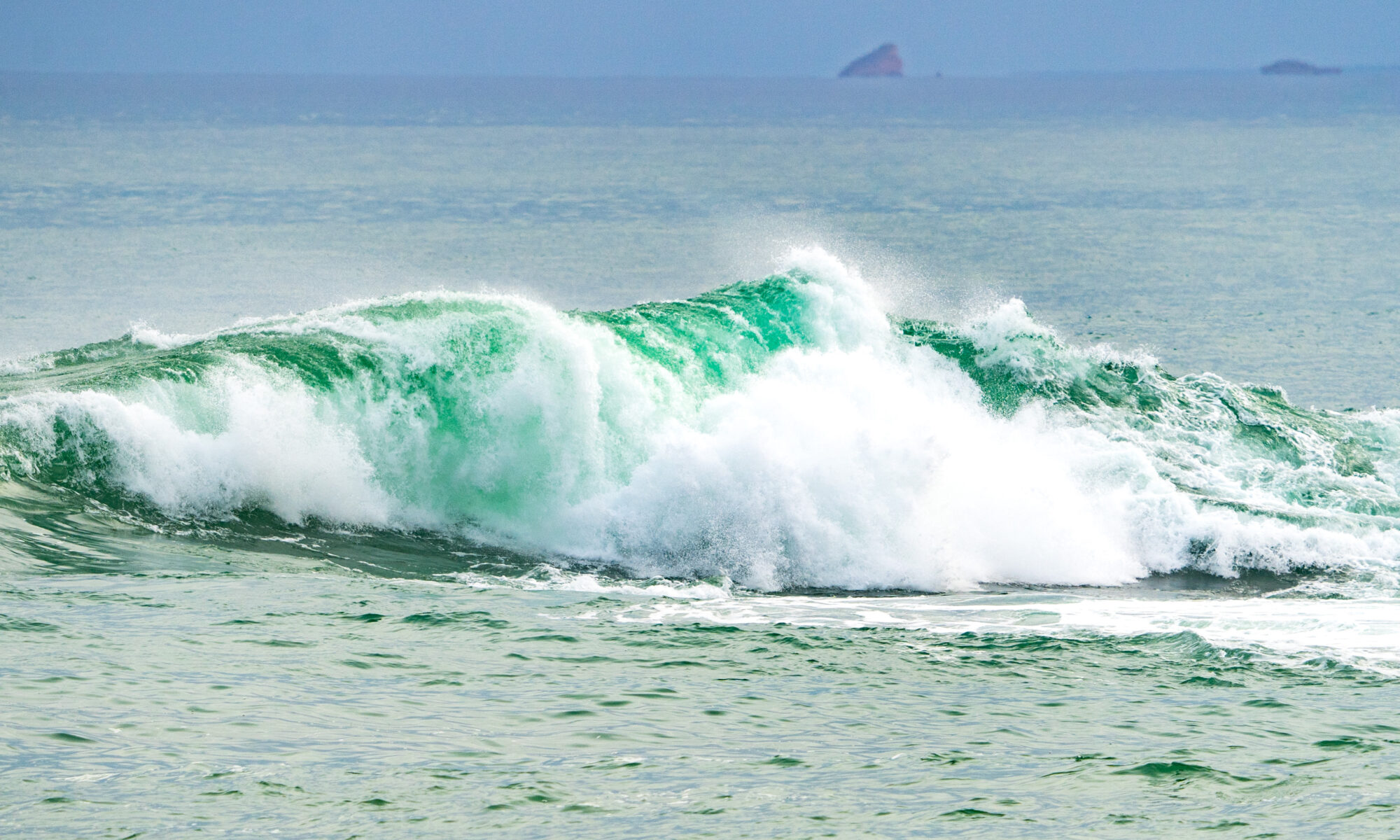Author: Mr A
Location: Elliston, Eyre Peninsula, South Australia
The small settlement of Elliston sits on the edge of the grand seascape of Waterloo Bay, along a wild stretch of coast that is otherwise deserted. The massive stretch of the Nullarbor awaits if you are travelling west. The tip of the Eyre Peninsula beckons 200km to the south east. The town itself was unremarkable, as so many of Australia’s small settlements are, but the natural context it sits in was awe inspiring.
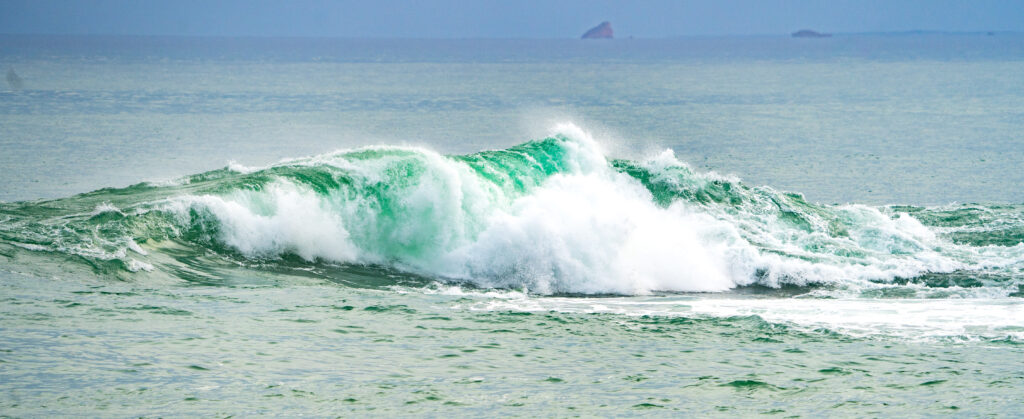
Home to the Wirangu people for thousands of years. and visited by other Aboriginal groups such as the Nauo and Kokatha, we acknowledge their tenure and connection to the land. The Wiragnu were driven from the area by European settlers and lost their traditional fishing and hunting grounds. There was conflict as the Warangu people fought back against this, with casualties on both sides, culminating in a massacre just outside what is now Elliston, in May 1849.
I immersed in this grim story on a wet afternoon, which has put Elliston on the map as a case study in a chapter of what Australia calls “the history wars”. The ongoing debate about what happened during Australia’s colonisation by the British and the impact that had on the Aboriginal population. In this sad chapter in Elliston, on the one side lie the white setters’ records of what happened, written mainly by the police involved, and on the other the oral tradition passed down by the Warangu elders.
The town refused to accept the Wiragnu version of events, that scores of their people had been massacred by driving them off the steep cliffs of Waterloo Bay, until a mayor sympathetic to their version, brought matters to a head by wanting to raise a memorial to the event, and use the word “massacre”. This was fiercely contested by those who felt the more reliable record was of the white fellahs, that only two of the Warangu people had been killed.
Today we now have police body cams and video from bystanders, to get a bit more of a balanced view of events. The Warangu could only pass down their story. In the end the town hired an anthropologist to investigate. His conclusion was that a large group of Witrangu (he thought around 25) had in fact been slaughtered and that within the Wirangu’s oral history “It’s far more likely that there would be a lot of facts in them than in some of the histories written by settlers who had their own events to portray and their own events to hide.”. Did the initiative help with reconciliation as the mayor intented? Looking at some of the vitriol from anonymous people still posting comments about it, I’m not so sure.
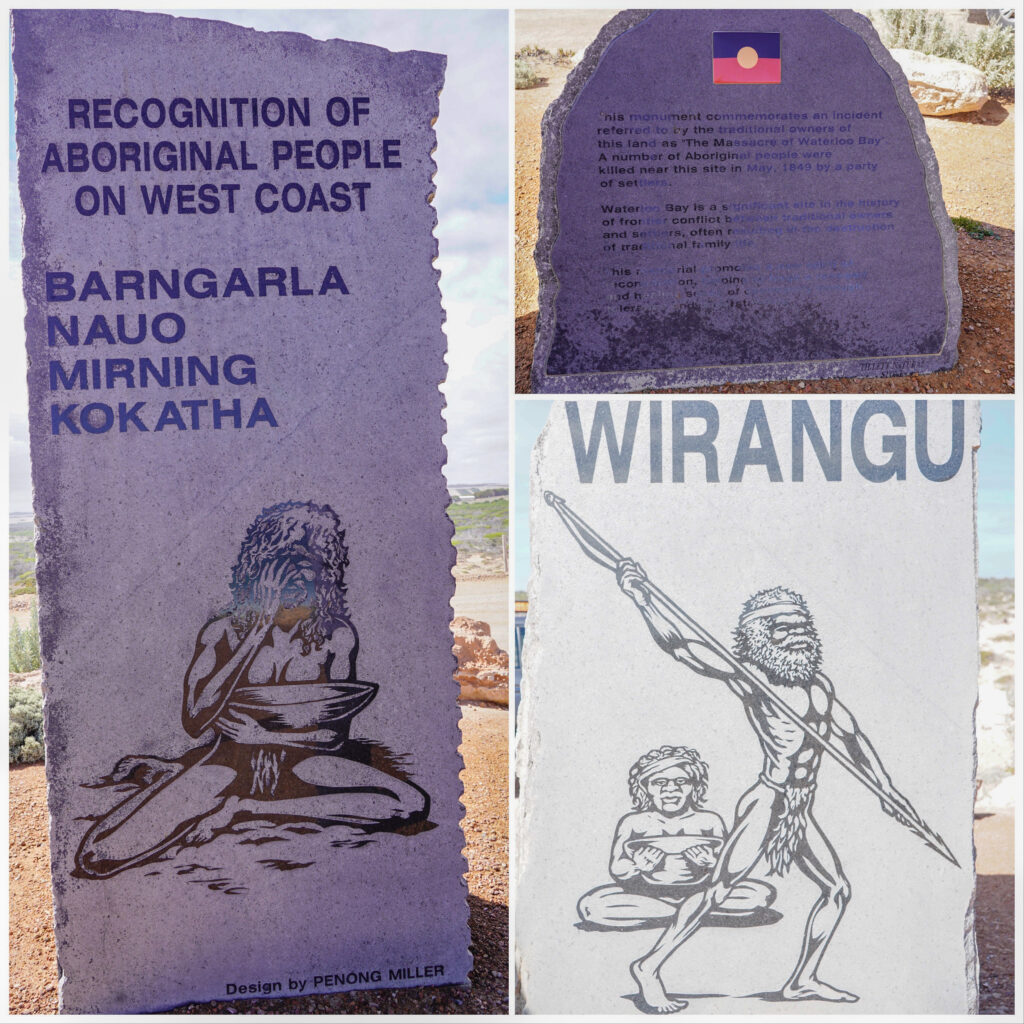
And there you have it as a case study of how individuals at local level try to heal this country’s hidden wounds, part of the “historical truth telling”, but there’s a long way to go, (good summary if you’re interested to read more) and certainly at the moment other priorities that will take precedence. Like getting the country vaccinated!

If you are interested in reading how Europe, and particularly Germany, has tackled the their historical truth telling, and acknowledging the role they played in the conflict that engulfed the world, I can throughly recommend a book called “Those Who Forget”. The author, born to a German father and French mother, investigates her family’s role in the Second World War and the how it took until the mid 1980s before Germans found a way to talk about their past honestly at a national level. A message in her writing for any county who hasn’t dealt with its past, you will never properly move on.
We spent a few days exploring the area, around Elliston, walking along the cliffs, admiring the power of the waves, and usually we could do so without another soul about. Given it‘s still school holidays and our caravan park is full, its once again a surprise how few people get out of their cars and walk. Lucky for us!
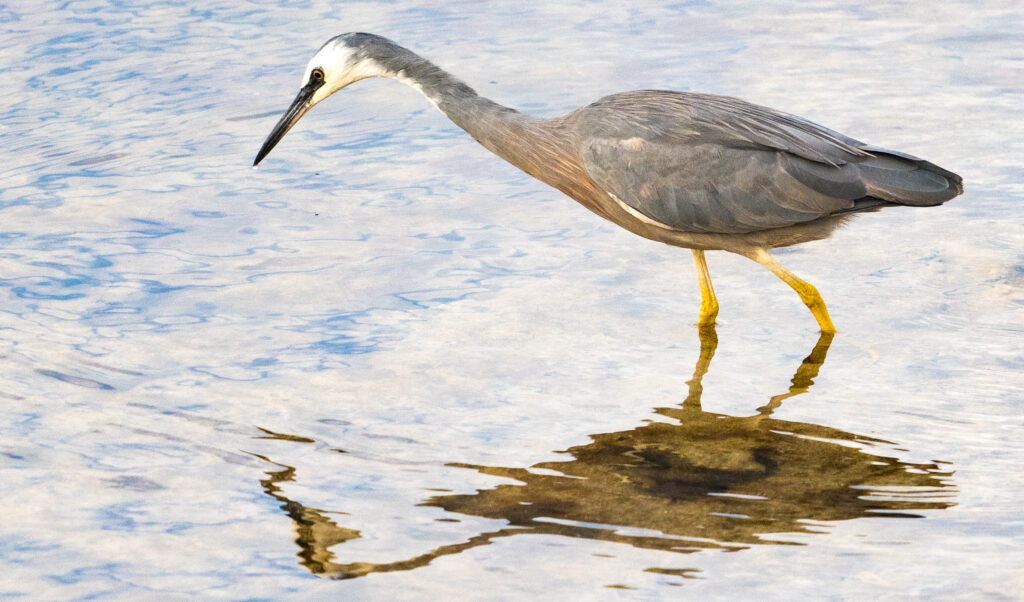
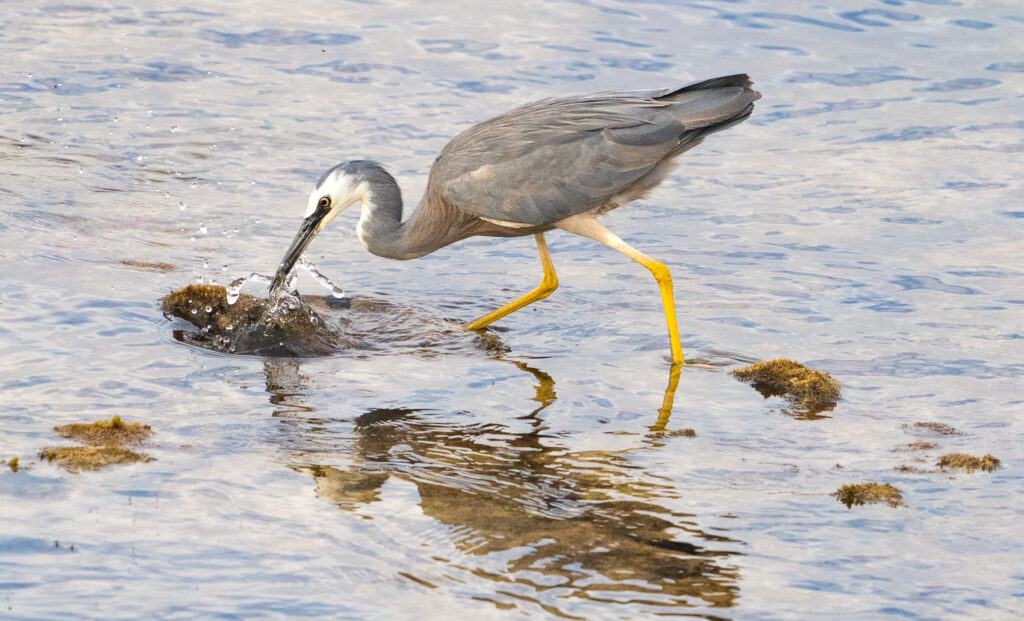
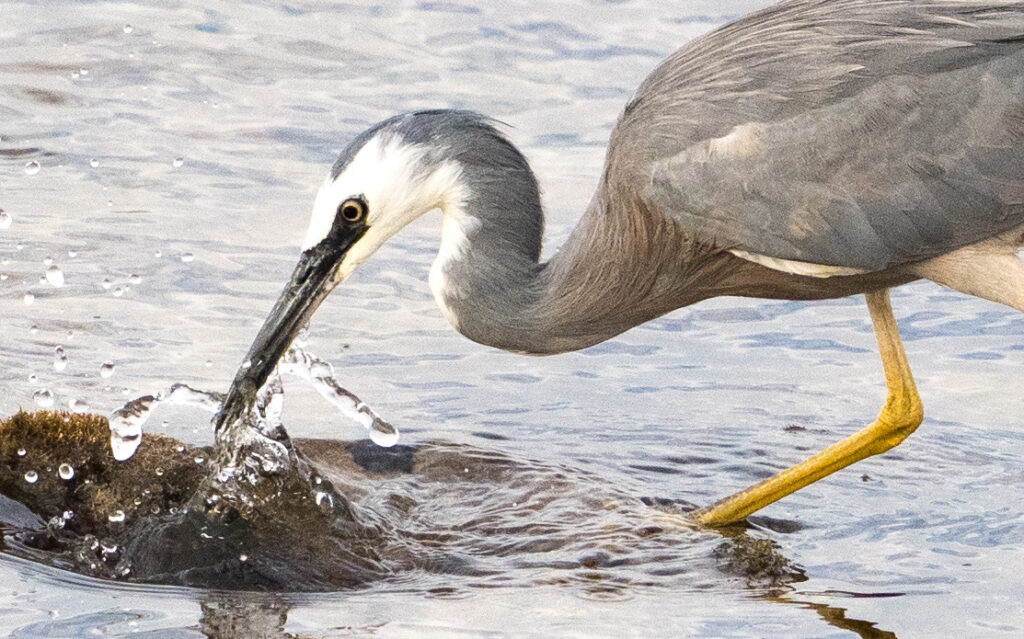
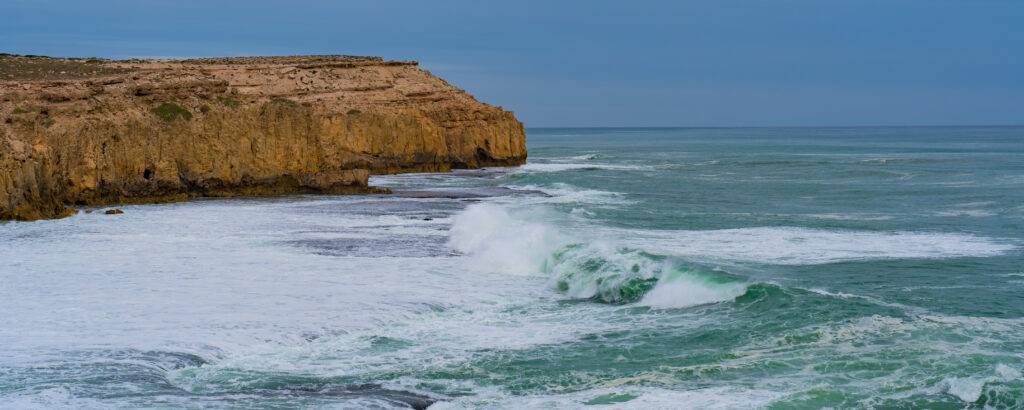
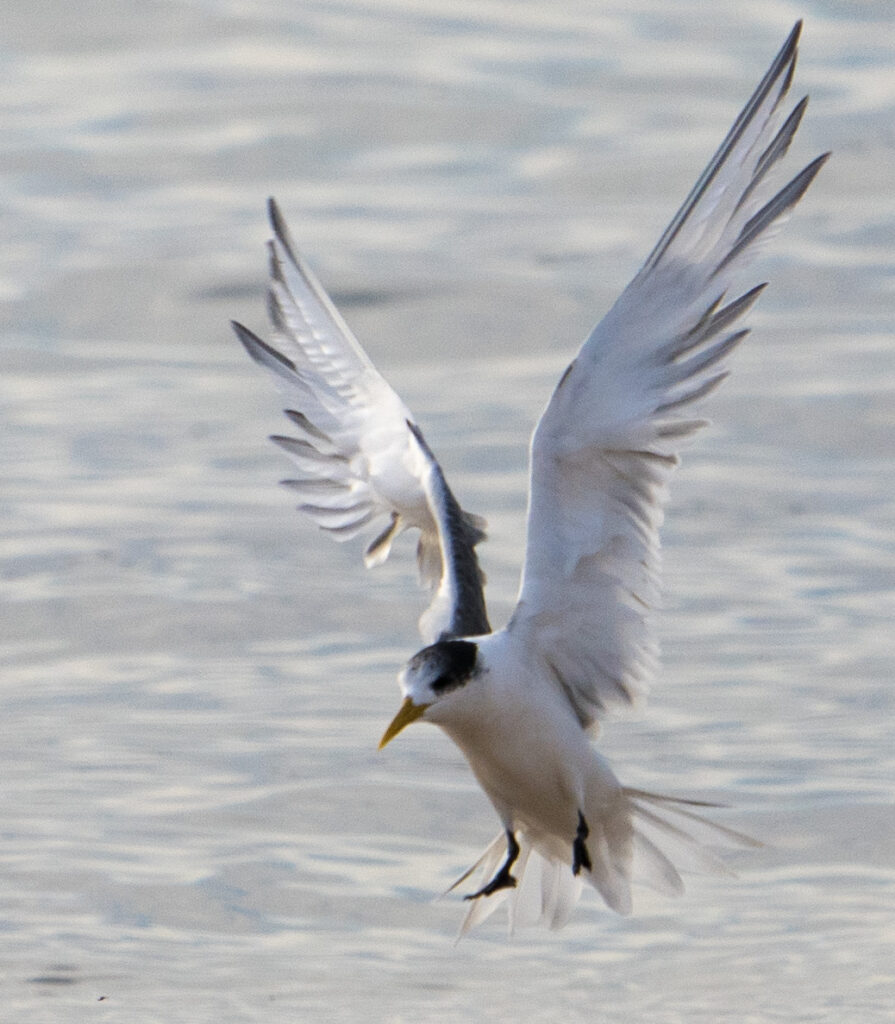
We drove a short way up the coast and had a wander around a large wetland area, looking pretty dry at this time of the year, and again saw no one. Not many birds either sadly, but thats your chance. A few sandpipers and lapwings, plus a Nankeen Kestrel as we drove in (minus camera to hand!).
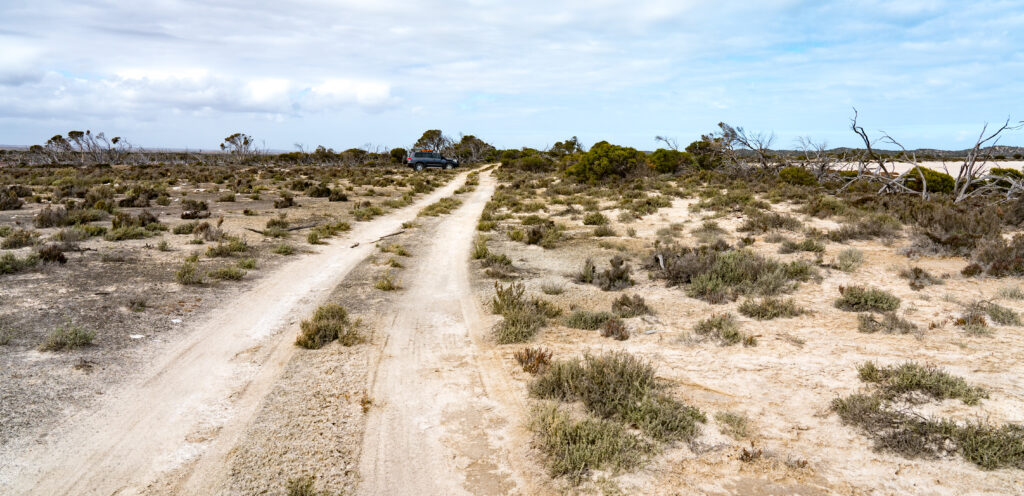
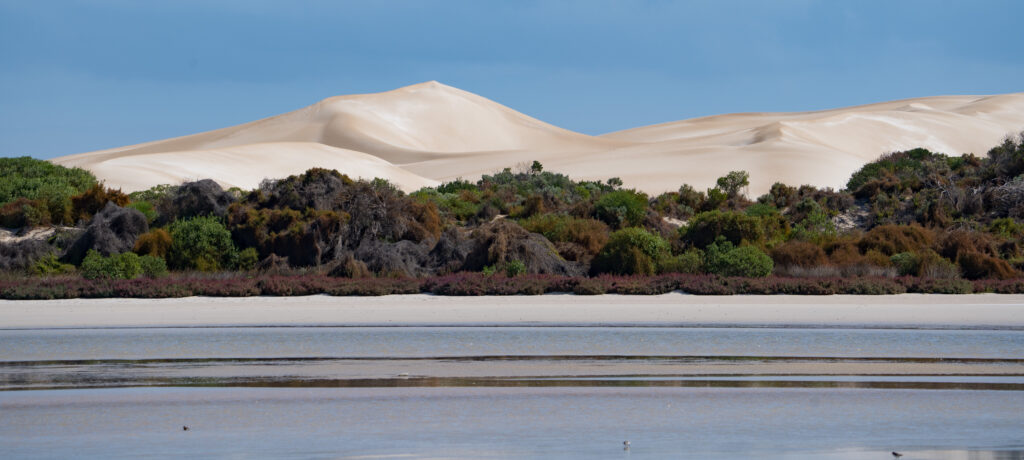
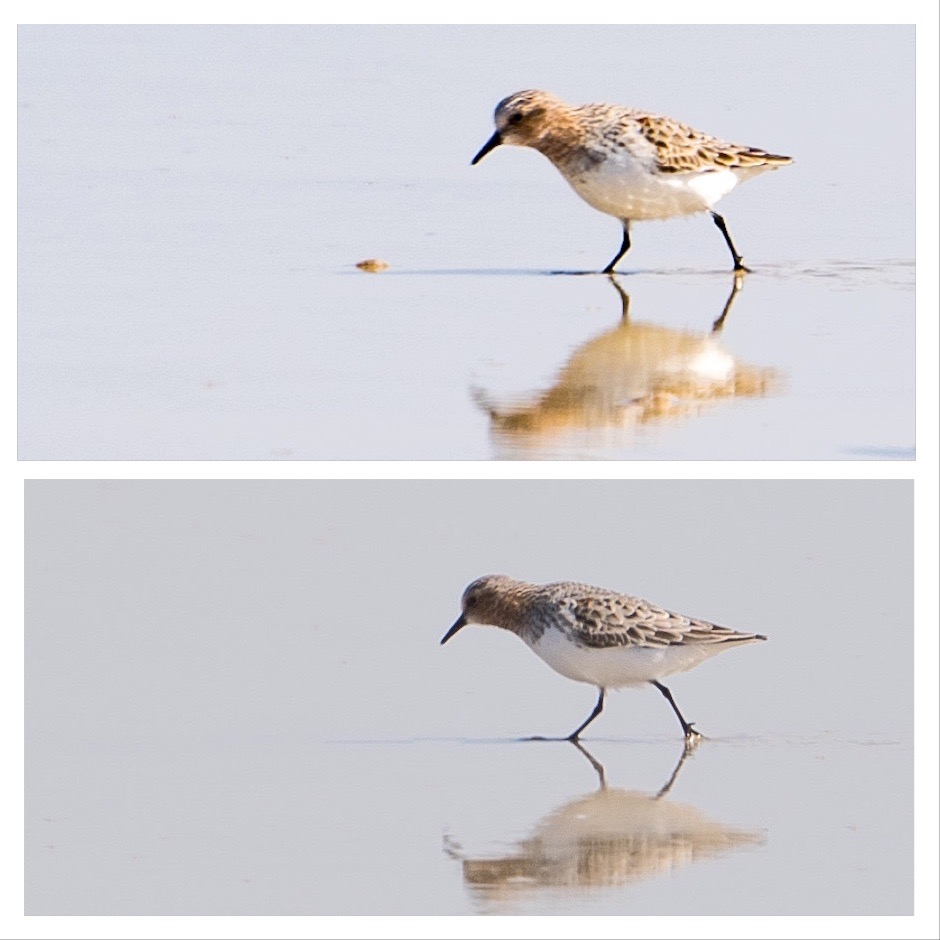
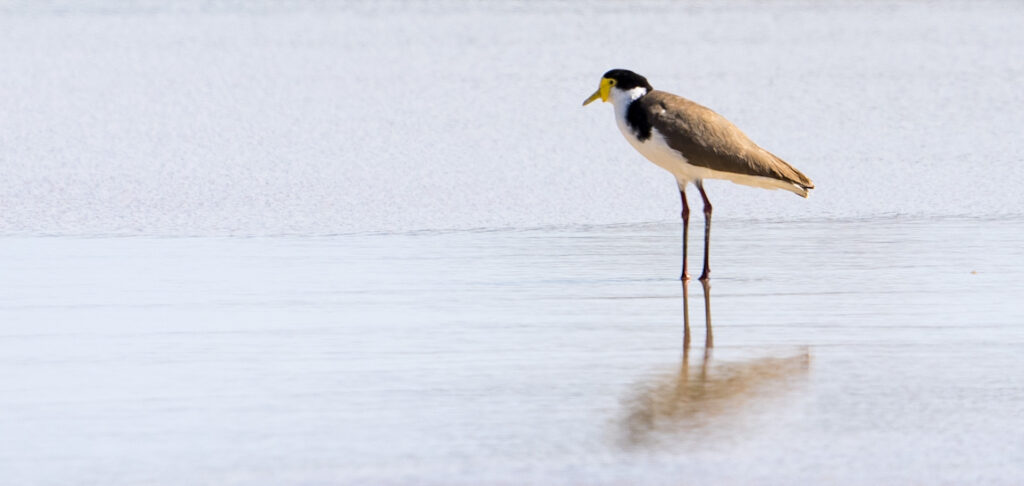
Full timing in a mobile home, with plumbing not really designed to be more than a holiday escape pod, means you will get some issues. This time it was only a blocked shower drain, and the purchase of a plunger and some help from the lovely park owners with their drain cleaning fluid, and our pipes were once again sorted. At least there was no $100 an hour plumber’s bill. Most stuff is fixable, especially with the knowledge base of the group of owners that we tap into through a Facebook site.
We took advantage of being close to a pub and had a couple of hearty dinners there, meeting the new landlord who has (bravely I think) taken on the project of making this place pay. Its a very small town, with two seasonally busy caravan parks on the route to or from Western Australia. We also met a couple of long distance cyclists having a much needed refuel there over dinner, Tara and Sara, who were riding across Australia west to east on push bikes. (https://www.cyclingoz.com). What a heroic pair!

They are raising money for a couple of charities to support their work with those suffering from mental health issues. I can imagine having ridden a few (relatively) long distance rides what a gruelling challenge they have taken on. If you can spare a few dollars, I’m sure they would appreciate it. We lost a friend a few years ago to depression, and it will haunt me forever thinking of what could have been done differently to have him still in our lives. Lifeline was the recipeient of our donation, a charity that deserves our support when so many of their traditional fund raising events have been postponed or cancelled.
We enjoyed out time in this small town (in England it would be called a village), everyone we met made us welcome. We have not once experienced the “bloody tourists” type of vibe that we have sometimes experienced elsewhere. We took time to have some conversations, and get a little insight into their lives, and perhaps there’s a connection?
In the past, we’ve always had an agenda to drive us, one that involves tackling the huge distances there usually are in between spots that are interesting. We don‘t have that sense of urgency on this trip. And that’s wonderful.
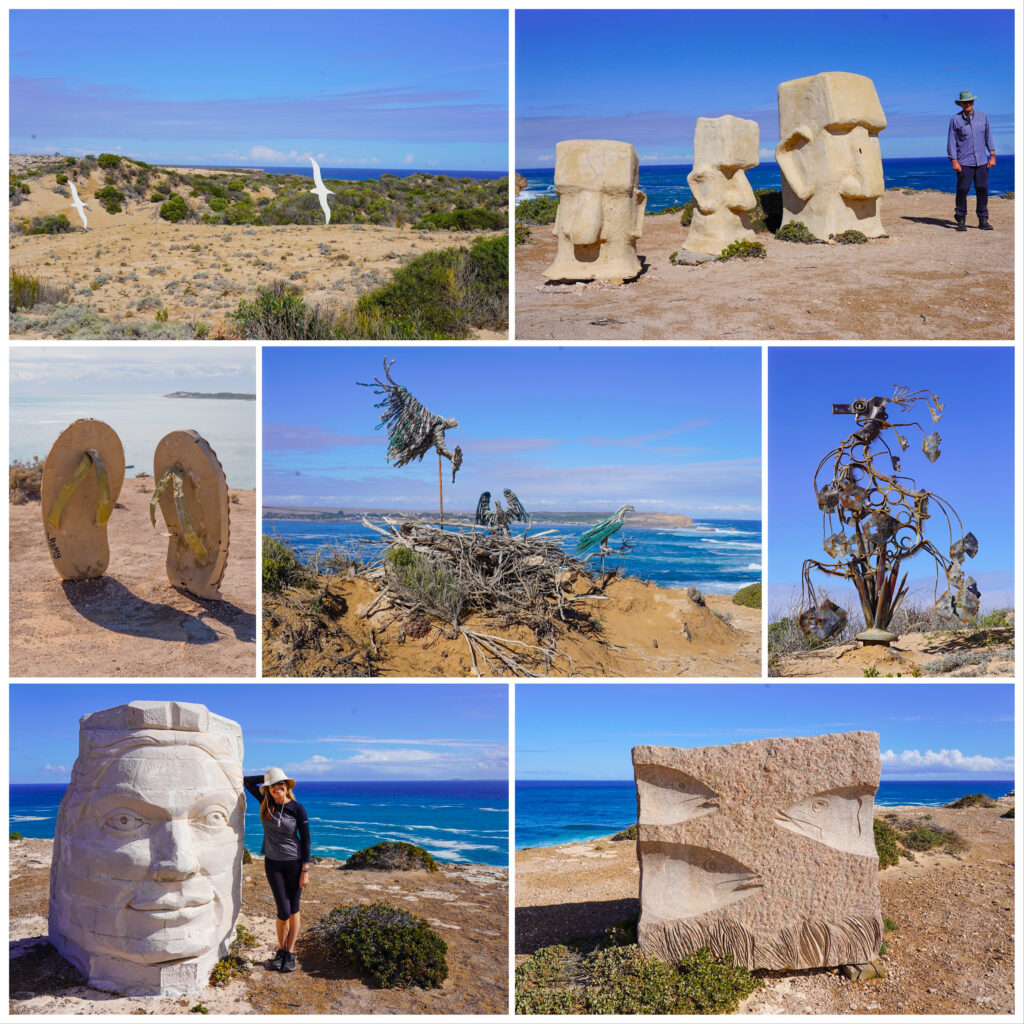
We took a drive around the Elliston Sculpture Trail – finding gulls, flip flops (‘Thongz’), fish, seahorse, an eagle’s nest and giant heads. Catherine stands beside a Latvian Mara which is meant to represent Mother Earth.
